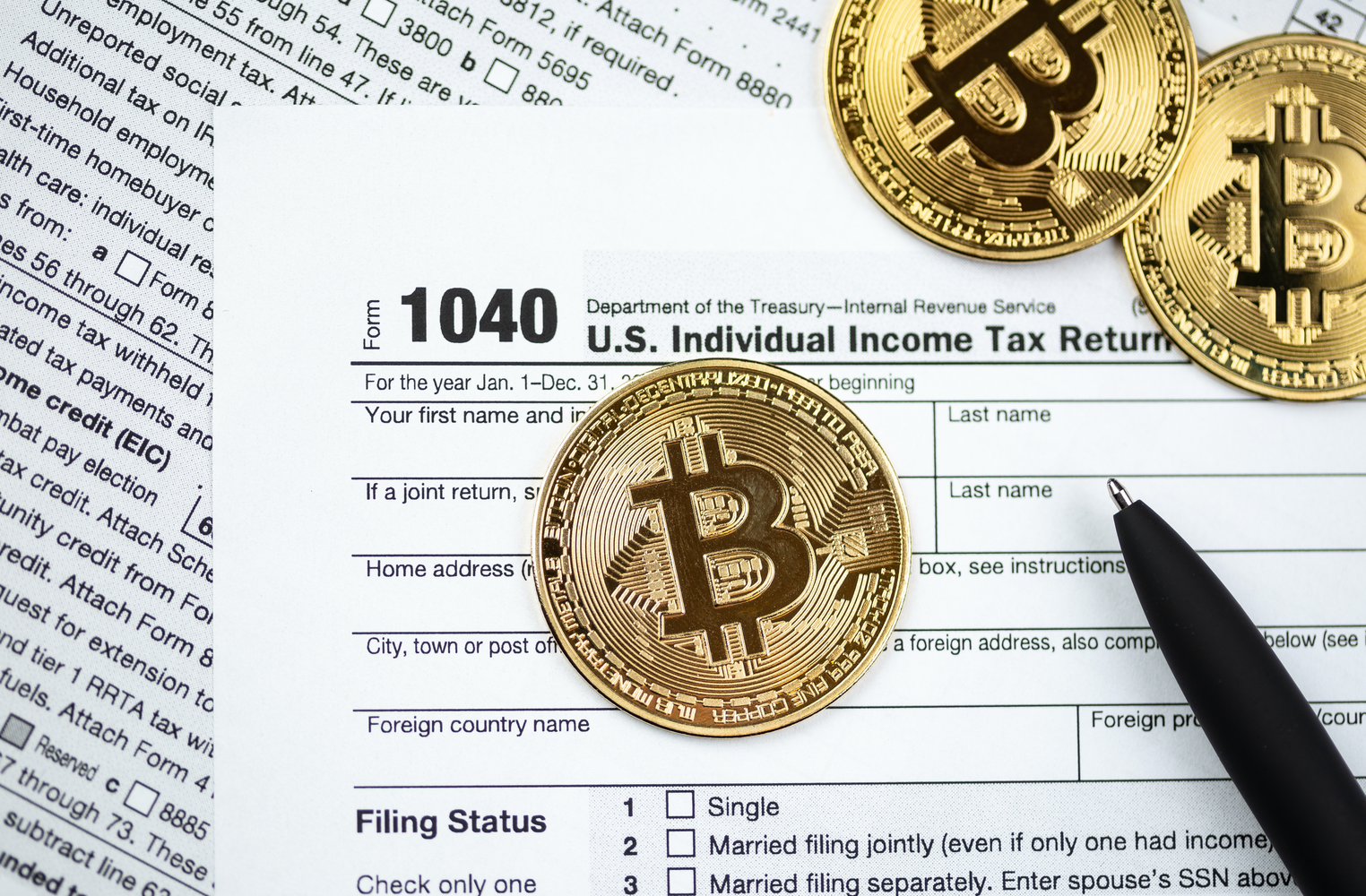Cryptocurrency and Taxation Law: The cryptocurrency market has exploded in popularity in the past few years. Beginner and pro traders are taking a keen interest in the market. However, there are some legal risks that crypto investors must know before investing in the crypto market.
One of the legal risks that investors must know about is tax regulations. Cryptocurrency and taxes are intertwined but not in the best way. Here’s what crypto investors must know about cryptocurrency and tax regulations.

- Cryptocurrency and Capital Gains
Cryptocurrency is considered as a property instead of a currency in the US. Hence, the IRS implements a Capital Gains tax on individual investors. Under this tax law, it doesn’t matter where you got your digital coins from. If you have cryptocurrency that is making you profits, must be mentioned on your annual tax return applications.
Even if you haven’t bought cryptocurrency but received it as a part of your salary, you need to pay taxes on the same.
- Foreign Bank Account Regulations (FABR) and Cryptocurrency
Financial Crimes Enforcement Network (FinCEN), one of the leading agencies in the US formulates Form 114. In this form, individuals must detail any overseas account they might have.
However, cryptocurrency is not included in Form 114. Although most cryptocurrency is traded in foreign digital wallets, investors don’t need to disclose these foreign accounts. But this can change anytime as FinCEN is proposing to include cryptocurrency holdings in Form 114.

- IRS and Cryptocurrency
Similar to Form 114 (FABR) by FinCEN, the IRS has form 8938 also known as FATCA. This form also requires individuals to disclose any foreign accounts they might have.
Although FABR clearly states that cryptocurrency holdings are not a part of the form disclosure, there is no such clarity with IRS form 8938. There is much debate on whether you should disclose your cryptocurrency holdings or whether you should fill only FABR or FATCA or both.
You will find several blogs questioning the overall unclarity of the status of cryptocurrency holdings for taxation. However, a few experienced tax professionals say that it is better to fill out both FATCA and FABR forms if you have foreign accounts. This is to avoid any major penalties you might incur.
Final Takeaway
The dynamic of cryptocurrency and taxation regulations is still confusing for several investors. Tax authorities are looking to include crypto holdings for income disclosure. How this proceeds in the future remains to be seen!
Currently, if you want to keep reading about more legal risks regarding cryptocurrency, guides, insights, reviews, follow Coin Informer!










